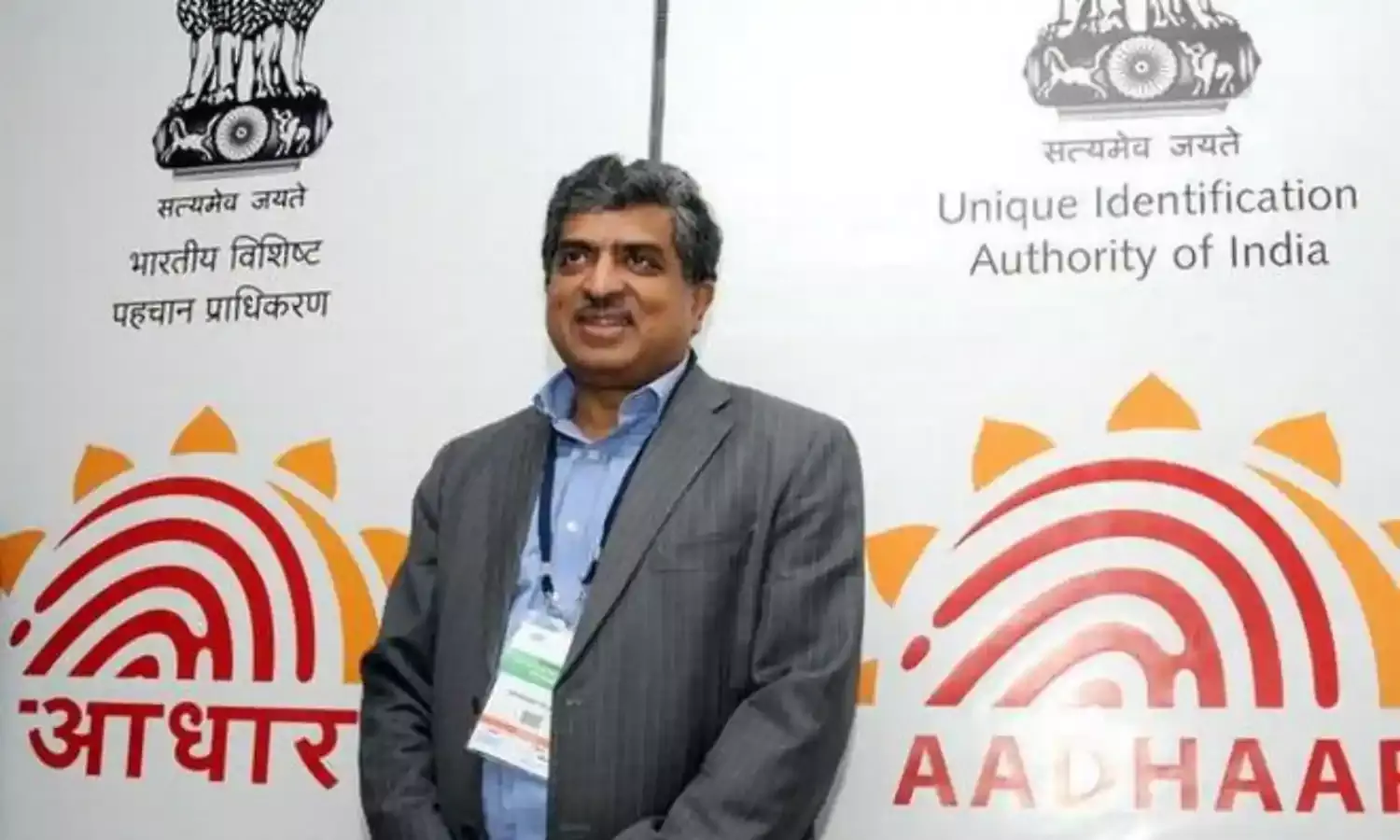Lateral Entry of Joint Secretaries: Corporate-Govt Nexus instals a 'Revolving Door'
Monsanto and Nandan Nilenkani trendsetters

The Union government’s proposal of lateral entry of persons from “private sector companies, consultancy firms and international or multinational organisations”, as Joint Secretary (JS) is to “bring[ing] in fresh ideas and new approaches to governance and also to augment manpower”. [“Private sector employees can now apply for top government posts“; ; Economic Times, June 10, 2018].
This would be unexceptionable except that such lateral entrants from the private sector will surely be subject to the charge of conflict of interest, since they would be employed in a ministry which is connected with their particular field of expertise, to which they will return at the termination of contract.
During their tenure as JS in the ministry, a lateral entrant from the private sector etc. can be expected to prepare policy drafts and recommend policy decisions or prepare plans and projects for implementation, such that they will not impact adversely on their particular corporate sector, even if they do not do so for direct or indirect benefit of the corporate sector. It must be remembered that after the contract period is over, they will revert to their corporate sector.
Further, such lateral entrants will have no knowledge of the detailed workings of government, or of the effects that government policies, plans and projects have on the common citizen. This is something that career bureaucrats are well aware of, since they have risen from posts at the ground level when they joined the service. Our bureaucrats, for all their individual, institutional and cadre faults and shortcomings, have a solid grounding in governance, something which even the most talented corporate honcho would not know.
Experience from the USA model of appointing corporate executives in government posts needs to be understood, since something similar is likely to happen in India. Two examples [“Monsanto employees in the Halls of Government”; ] will suffice to show how corporate executives, scientists, et al are inducted into key government appointments and then revert to their parent company, as shown in the diagram. There is at least one big name in the individual beneficiaries of the revolving door. Quoting from “Monsanto employees in the Halls of Government”,
“When Monsanto got approval for use of its artificial bovine growth hormone in milk, the person in charge of preparing the report at Monsanto was Margaret Miller. Later, the person in charge of receiving the report and evaluating it was [the same] Margaret Miller, by then Deputy Director of Human Safety and Consultative Services in the office overseeing the process.
Michael R Taylor, started off as a partner at the law firm that represented Monsanto on GBH issues. Then, as the FDA’s deputy commissioner for policy, he wrote the FDA’s rBGH labelling guidelines – the ones that insisted there was no difference between rGBH and regular milk. He also deleted references to problems with GMO foods, over the objection of staff scientists. Then he spent a few years working directly for Monsanto. And now [2011] ? Barak Obama brought him back to the FDA to oversee Monsanto again, as his food safety issues czar!”
There are no grounds to presume that similar USA-like to-and-fro exchanges of vested interests beginning at JS-level, between government and the corporate sector will not happen in India. The union government may be inadvertently or deliberately installing “revolving doors”, which can only be to the detriment of good governance, with sovereignty and democracy as the losers.
The entry of Nandan Nilekani (NaNi) into governance was when he was appointed Chairman of UIDAI by the erstwhile corrupt UPA government which the People dismissed in 2014. Aggressive promotion of Aadhaar by a Government which had bitterly opposed Aadhaar earlier, reveals the influence which a corporate honcho like Nilenkanii wields in the corridors of power. This of course is besides the corporate honchos, best not named, who influence governance.
Government of India would be well advised to desist from lateral entry as JS from private sector companies, consultancy firms and international or multinational organisations, and restrict itself to appointing individuals working at comparable levels in public sector undertakings and statutory organisations only. It should omit individuals from autonomous bodies, universities and recognised research institutes, for reasons similar to corporate entrants.
This writer, coming from a military service background may be permitted an aside. For decades, the Defence Services have been agitating for lateral entry of soldiers (here meaning all ranks of the army, navy and air force) into the Central Armed Police Forces (CAPF), since over 80% of our soldiers retire at the age of 38-41 years. This young-age, trained, disciplined and physically fit source of manpower in CAPF will bring in their experience and expertise to pep-up the aging CAPFs, the personnel of which retire at 60-years age. Government would do well to resurrect the matter to the benefit of our country and of the young military Veteran.
(Major General S.G. Vombatkere, VSM, retired as Additional DG Discipline & Vigilance in Army HQ AG's Branch. His area of interest is strategic and development-related issues).



